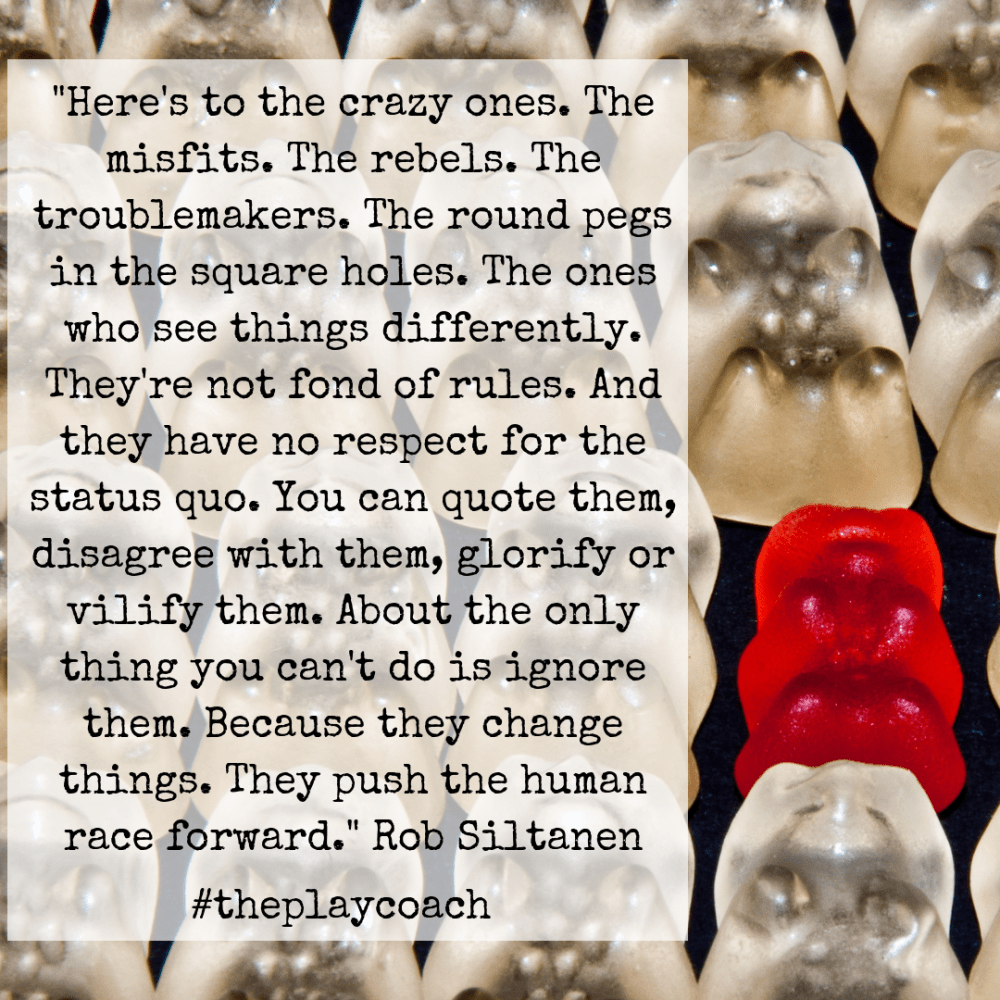
I have listened to fellow educators who have a child or children in their class who they deemed to be struggling with their behaviour. The educators are often clearly agitated, take things very personally and have an overwhelming sense of fear or dread about going to work each day.
When you feel like this, you can feel like the worst teacher in the world. “Why is she being like this? I’ve tried everything!” You can spend all day and all night brainstorming ideas with your colleagues about how to get this child to just be good. You will wake up thinking about him and go to sleep worrying about him. You worry for the other children in the class – will they keep getting hurt? Will they start copying him? It’s not acceptable for them to see this kind of behaviour and even worse, see him “getting away with it”.
The thing that has made the difference over the years to my practice, is to be less judgemental. We are not inside that child’s head. We do not know exactly what they are thinking and how they are feeling. And the same goes for them. They don’t know what we are expecting to happen, or how sad we are when we go home at the end of a long day in despair as to what to do to help them. There are of course plenty of clues we can see, hear and feel that help us assess how that child might be today. But you have to keep an open mind.
The powerful moment comes when you start to think differently about what that child is doing – and more importantly, what you are doing. What messages are they sending to you? Are they running inside just to piss you off? Or have they not been outside today so they need to burn off all that energy? Did they hit that child for no reason? Or are they feeling hurt that another child took the material that they were using and they didn’t know what else to do? What messages are you sending to them? Are you greeting them in the morning with a fake smile that says through gritted teeth, “I’m so glad you are here”? Or are you sincerely happy that they are in your classroom so you can help them at a key point that will have an impact on the rest of their life? #nopressure
Of course, there are an awful lot of behaviour guidance programs out there, and they can be extremely helpful. But I feel that the change must begin with you. You can have all the methods and tools at your fingertips…but they won’t work unless YOU work. You have to put the time, effort and work in to shift your mindset. It is always really refreshing to hear non-judgmental comments about a child’s behaviour – understanding that perhaps his behaviour is different to the usual and wondering why from a place of concern and love rather than, “Why is he doing this to me?!”.
Newsflash: it’s not about you. It’s about them. But guess what? If you think about every second you have spent putting a mark next to a child’s name on the board, moving them from the happy face to the sad face or publicly shaming them by displaying a whole class behaviour chart…then actually it is about you. That is a LOT of time. It’s all about how YOU judge that child to be behaving in that moment. It’s all about what YOU think is acceptable behaviour and what YOU think is right or wrong. You don’t need a behaviour chart, you need to chart your own course to curiosity. Curiosity allows you to be empathetic rather than judgemental. Children don’t need to feel like their teacher thinks they are inadequate. They should feel like their teacher thinks that they’re the best thing since Lego.
If you look into yourself you will realise that it can be about you in terms of how you react, plan and prepare and dote on that child. Most behaviour guidance techniques can help children manage their behaviour to align themselves with the rules and expectations of the classroom. However, if you focus on child development, what is age appropriate and what kind of messages you want to send out, you might just find that you have been judging that kid in the wrong light all along.
I’d love to hear your stories about that kid and any experiences you have had in looking at them through a different lens. If you have that kid in your classroom right now, can you think of something positive about them? See their strengths instead of their weaknesses? Leave a comment below and let’s have a discussion!
Here’s to the crazy ones. The misfits. The rebels. The troublemakers. The round pegs in the square holes. The ones who see things differently. They’re not fond of rules. And they have no respect for the status quo. You can quote them, disagree with them, glorify or vilify them. About the only thing you can’t do is ignore them. Because they change things. They push the human race forward.
Rob Siltanen
Post Author
Emma is The Play Coach who loves everything and anything to do with play. Play is children’s work and she thinks it should be adult’s work too. Connect with Emma for consultations and trainings that promote wonder, joy and well-being through the power of play.


Leave a Reply